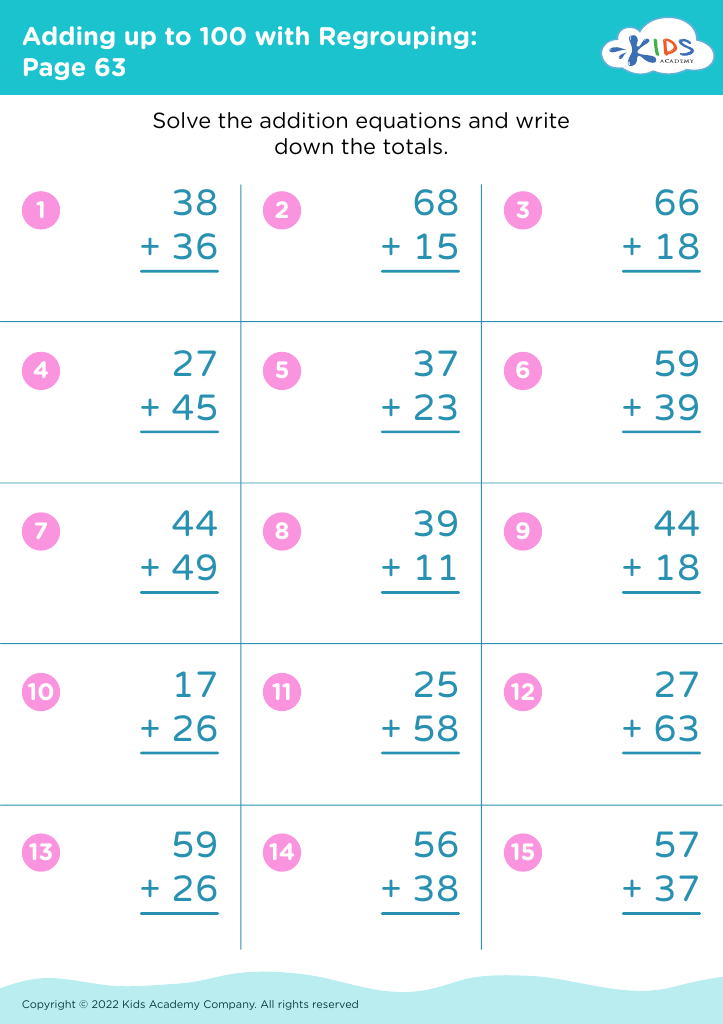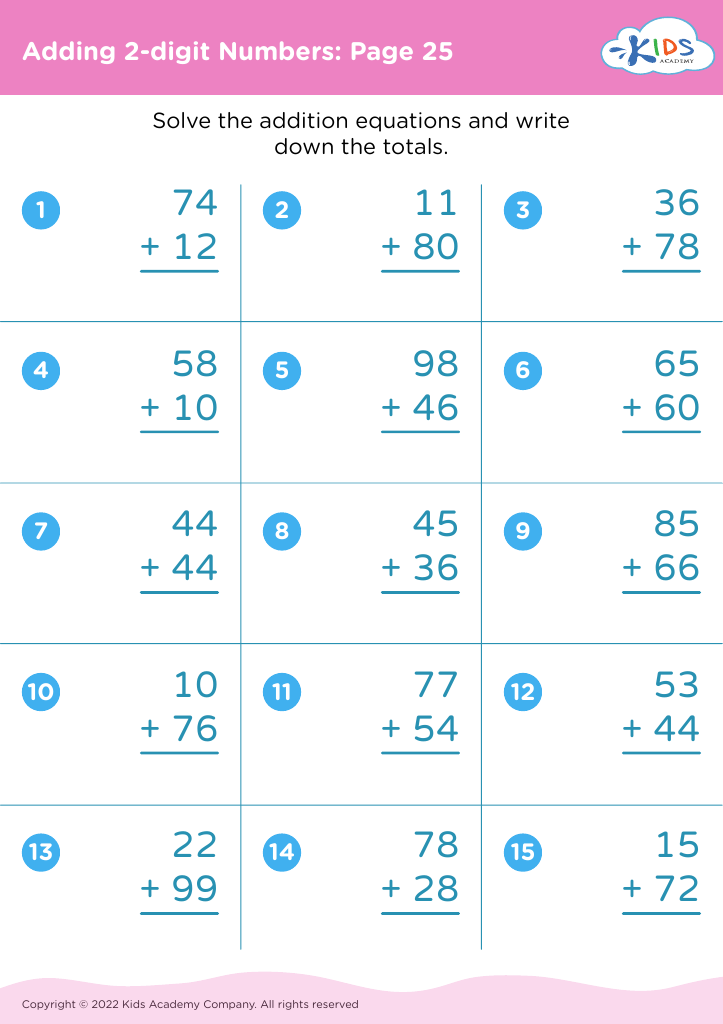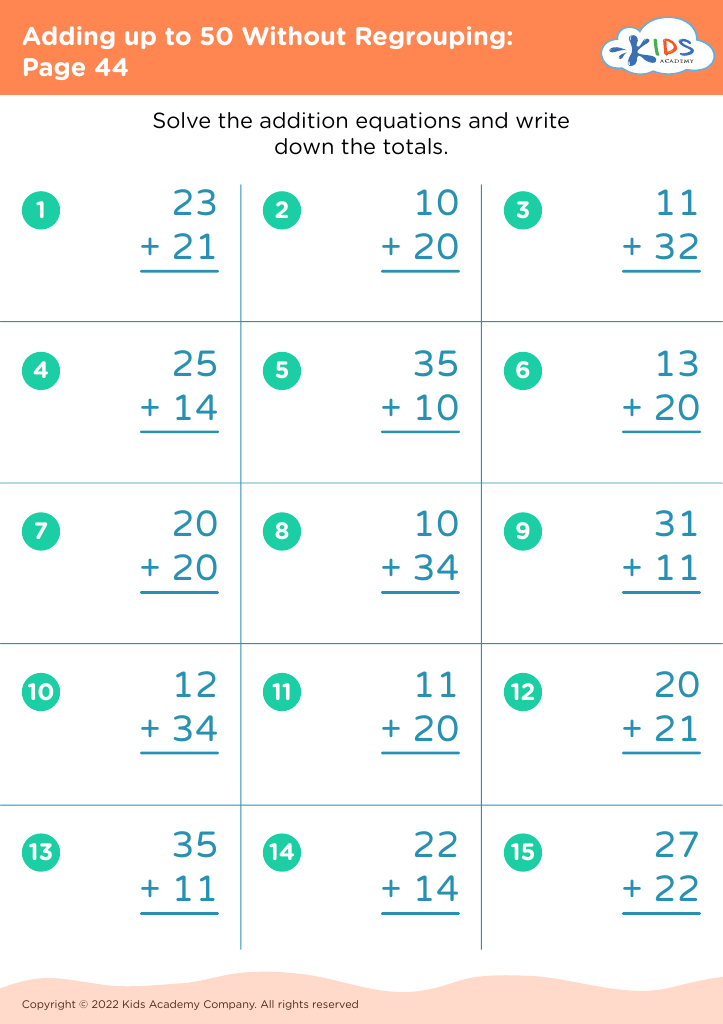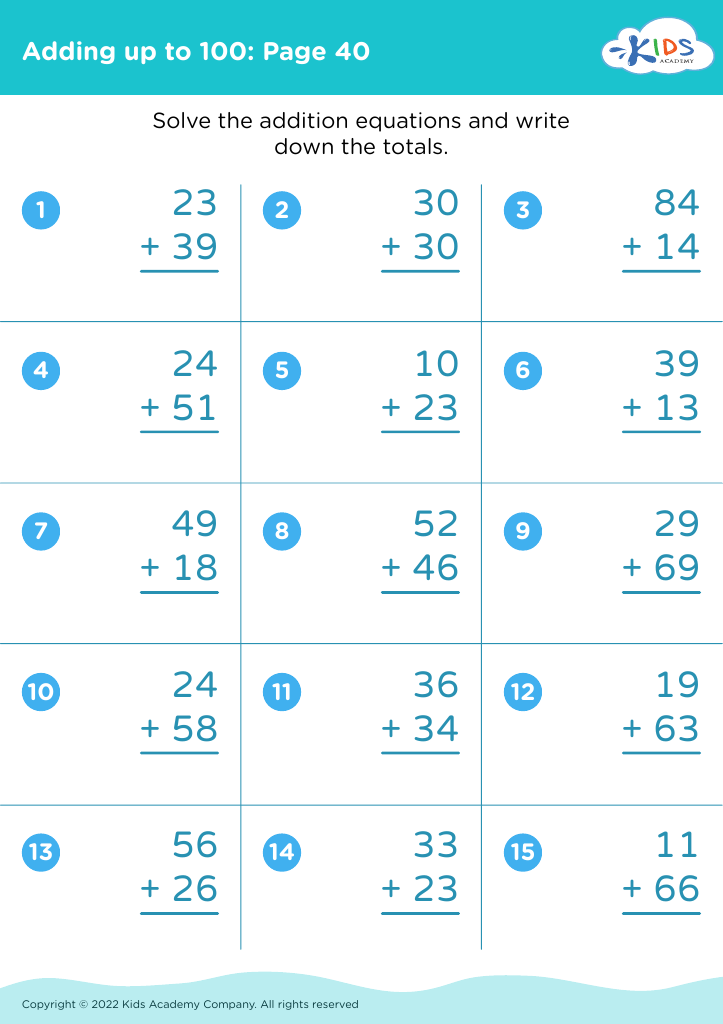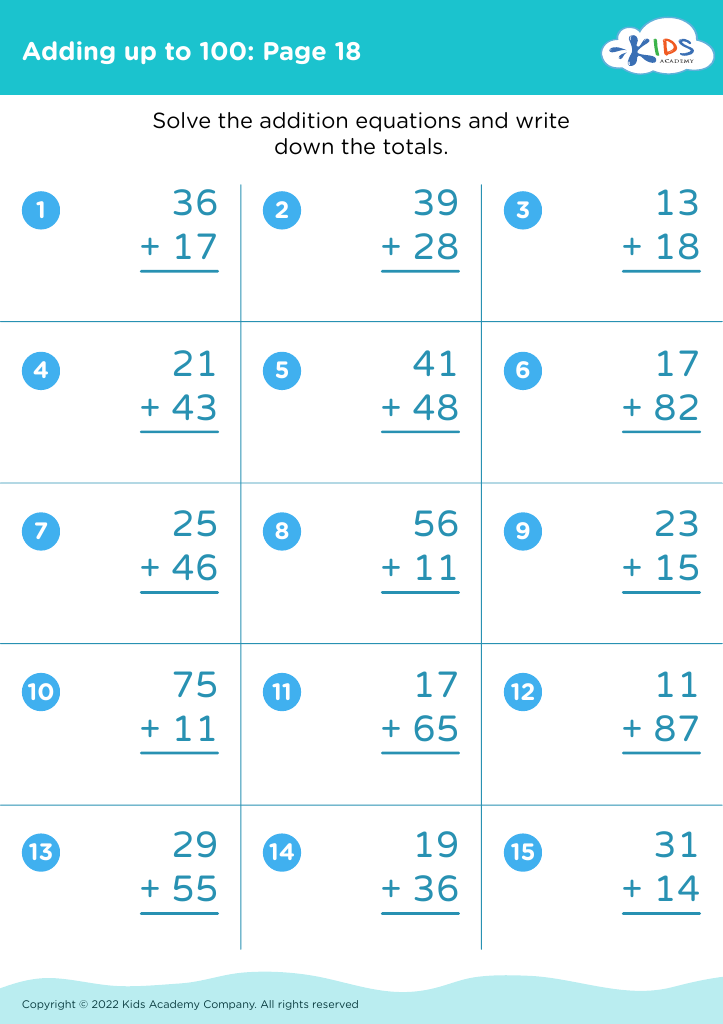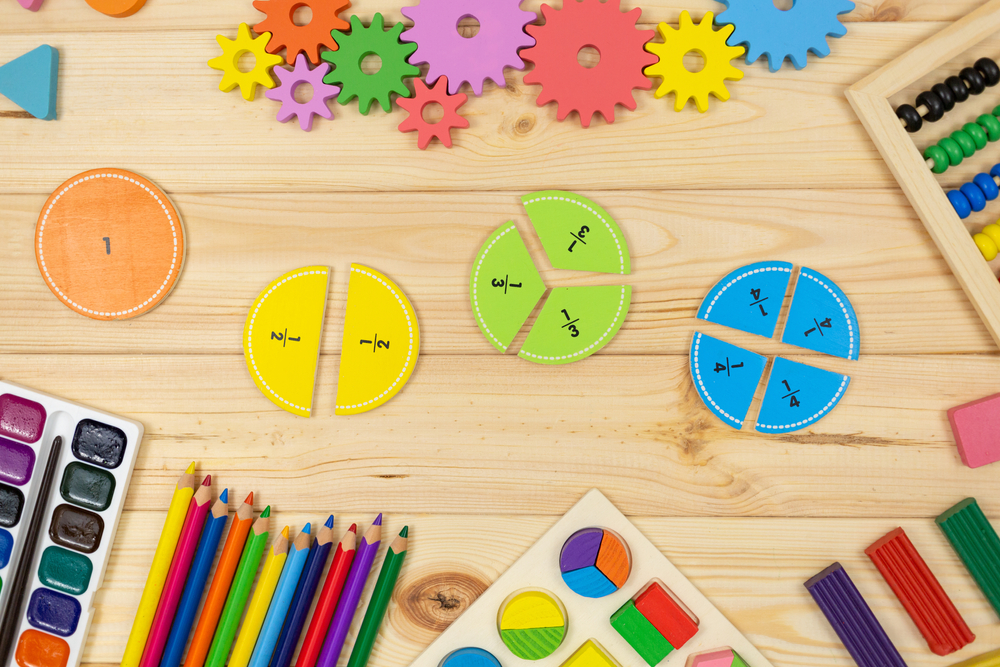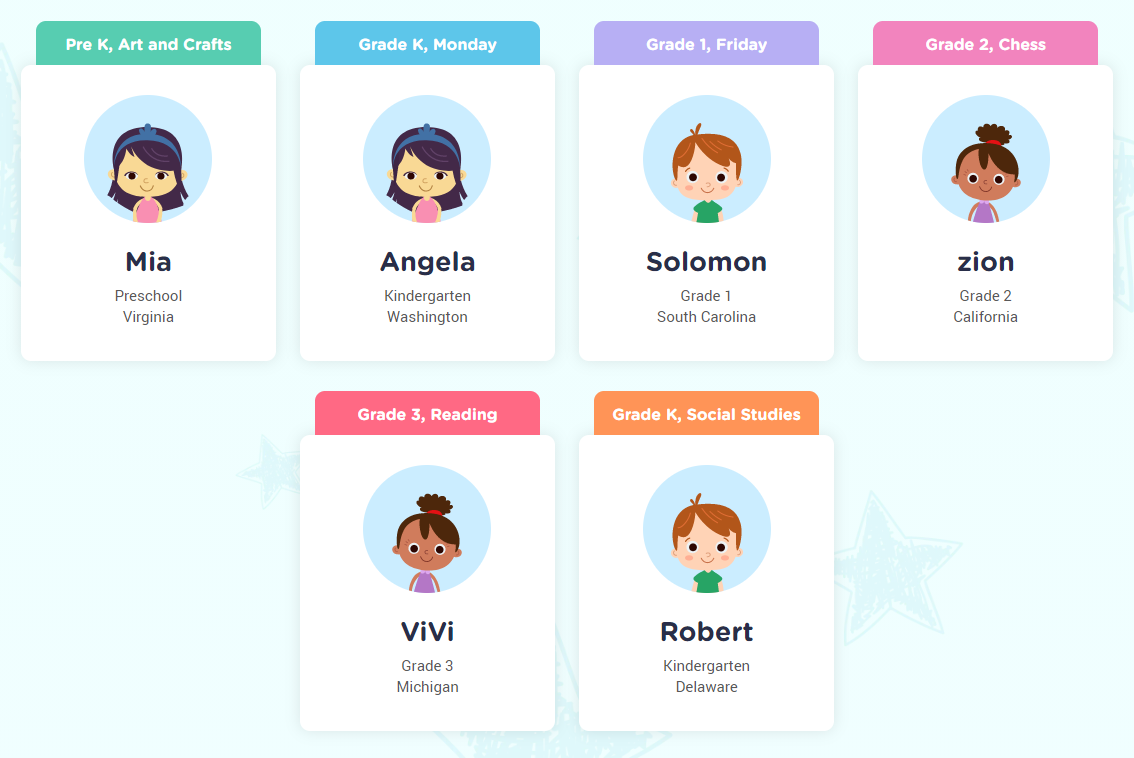Enhance number recognition Math Worksheets for Ages 8-9
17 filtered results
-
From - To
Boost your child's number recognition skills with our engaging Math Worksheets designed specifically for ages 8-9! These worksheets provide a variety of fun and interactive activities that make learning about numbers enjoyable. From identifying and writing numbers to comparing and ordering them, your child will develop essential math skills in a creative and stimulating environment. Tailored to meet the developmental needs of young learners, our printable resources aim to build confidence and enhance understanding. Explore our selection today to help your child master number recognition and gain a strong foundation for future math success! Perfect for homeschooling or extra practice!
Enhancing number recognition in children aged 8-9 is crucial for their overall mathematical development and academic success. At this age, students transition from basic arithmetic to more complex concepts, including fractions, decimals, and problem-solving strategies. A strong foundation in number recognition enables children to understand numerical relationships, which is vital for completing more advanced math tasks.
Parents and teachers should care about improving number recognition because it directly impacts a child's confidence and enjoyment of math. Children who struggle with recognizing numbers may feel overwhelmed or anxious during math lessons, leading to a negative attitude toward the subject. Conversely, strong number recognition fosters enthusiasm, reduces frustration, and promotes a positive learning environment.
Additionally, mastering number recognition lays the groundwork for critical thinking and real-life applications. Children encounter numbers daily, from handling money to reading clocks and understanding data in various contexts. Thus, enhanced number recognition not only supports academic performance but also equips children with essential life skills.
By prioritizing this aspect of learning, parents and teachers can help cultivate a love for mathematics, ensuring students develop the necessary skills for future success and empowered decision-making in their daily lives.




